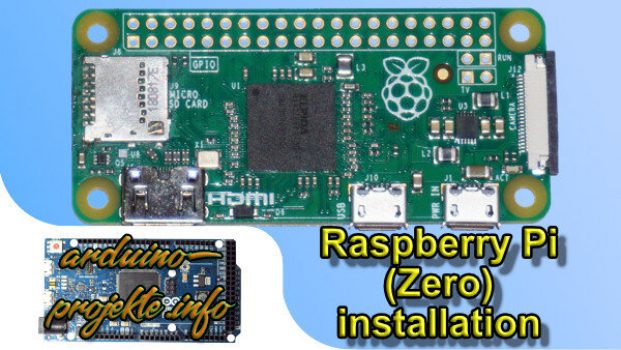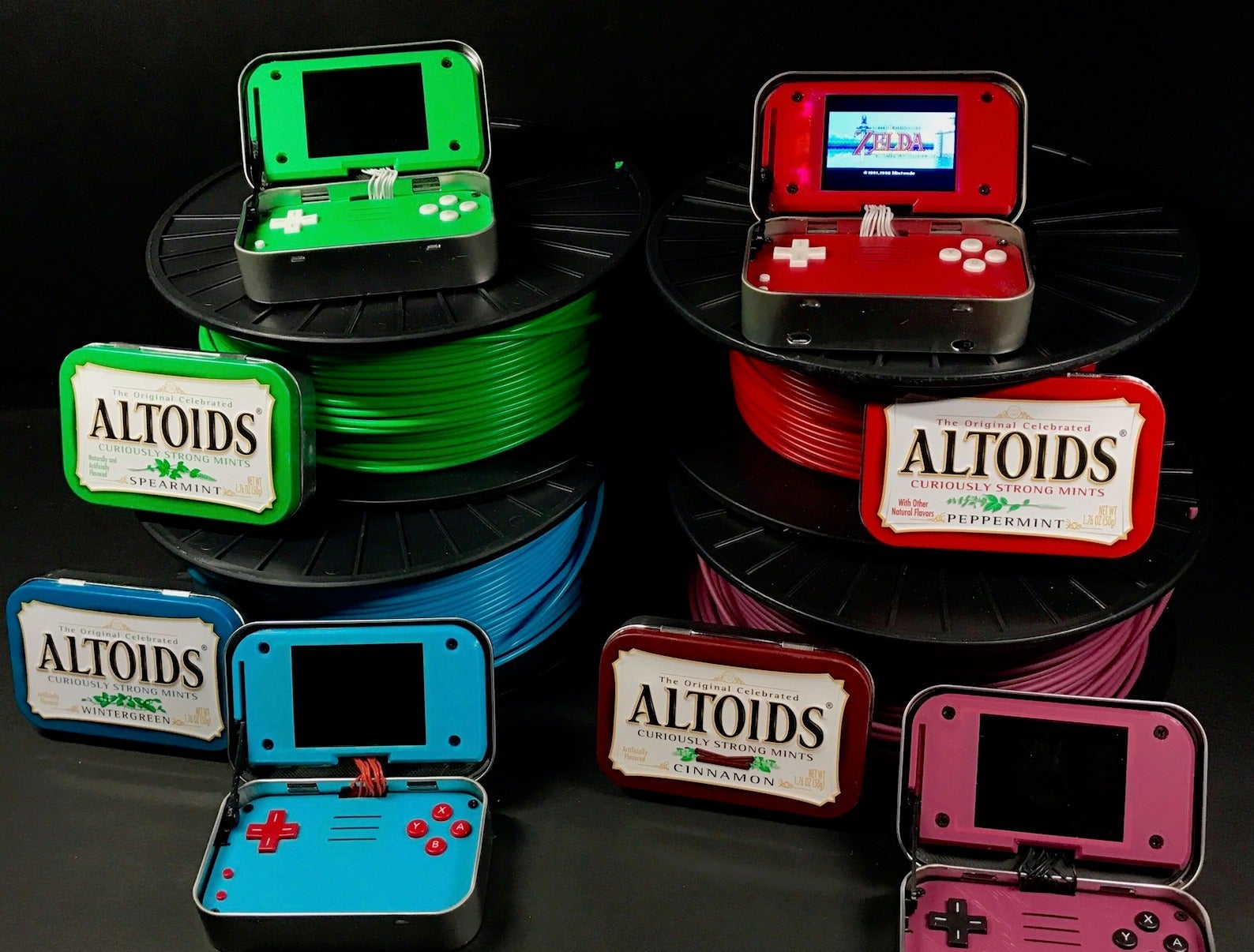

- Raspberry pi zero install install#
- Raspberry pi zero install update#
- Raspberry pi zero install software#
- Raspberry pi zero install password#
- Raspberry pi zero install windows#
Raspberry pi zero install password#
Make a note of the password that it has assigned for your dashboard, you can change this later on. The installer will now finish and that's Pi-Hole set up.
Raspberry pi zero install install#
Now it will ask you if you want to install the dashboard and HTTP server, accept all the defaults and continue with the installation. Next it will ask if you want to set your IP address to be static based on the assigned IP. This is dependent on your router so go with the default. After this, you will be asked which protocols to protect. Personally, I choose OpenDNS, I've had good experience with them:Īfter this you will be asked for third party block lists, just go with the default here and continue to the next step. Go through the installer until it starts asking you about which upstream DNS provider to choose. The installation process will begin, we need to set some configuration options along the way.

Let's go ahead and install Pi Hole: curl -sSL | bash
Raspberry pi zero install update#
As we enabled headless ssh we can do this using the IP address we know our Raspberry Pi is using: ssh Ensure you change the IP address to the one on your networkįirst, let's ensure we're all up-to-date before we start the installer: sudo apt update -y & sudo apt upgrade -y Let's go ahead and SSH into our Raspberry Pi Zero and install Pi Hole. Step 4 - Install Pi-Hole on your Raspberry Pi If your router allows you to always assign the same IP address to the Raspberry Pi Zero, make sure you enable this.

In my example, my IP address is 192.168.1.2 but this will vary from one network to another. This can be done from your router's DHCP interface: Step 3 - Find your Raspberry Pi IP addressīefore we begin the installation process, let's find the IP address of your Raspberry Pi zero. Everything else from this point will be done from SSH. Once complete, insert the SD card into your Raspberry Pi, connect up the ethernet and power it on. You can also configure Wi-Fi here if wired isn't an option.įinally, click 'save' and then 'write' to write Raspberry Pi OS to your SD card. I strongly recommend that you don't use Pi Hole wirelessly. In my example, I'm using wired ethernet so we don't need to set up the Wi-Fi SSID and password before we boot. Also check the 'enable SSH' option and change the password for the 'pi' user to one which you'll remember. These are:įirst, check the 'set hostname' option and change this to 'pihole'. There's a couple of things we need to configure from the advanced options in Raspberry Pi imager. Step 2 - Enable headless SSH on Raspberry Pi OS To access the advanced menu on MacOS, press CMD + SHIFT + X. Access Raspberry Pi imager advanced menu on MacOS
Raspberry pi zero install windows#
To access the advanced menu on Windows or Linux, press CTRL + SHIFT + X. Access Raspberry Pi imager advanced menu on Windows or Linux Before we hit the 'write' button, we need to access the advanced menu. Headless SSH will allow us to access the Raspberry PI via SSH from the first boot, meaning we don't need to connect up a keyboard and a mouse to enable it on the Raspberry Pi zero later.Ĭhoose 'Raspberry Pi OS (32-bit)' and select your SSD in storage. We're using this as it has a secret hidden options screen which will allow us to enable headless ssh on our Raspberry Pi. Step 1 - Install Raspberry Pi OSįor the installation, we're going to use the official Raspberry Pi imager. I chose a Ethernet adapter designed for a Chromecast as it powers the device too, meaning you won't need to worry about an extra USB cable to power it.

Raspberry pi zero install software#
Block adverts without using ad blocking software on all devices on your network using a Raspberry Pi Zero and Pi-Hole. They slow down your browsing experience, especially on older PCs and devices.


 0 kommentar(er)
0 kommentar(er)
